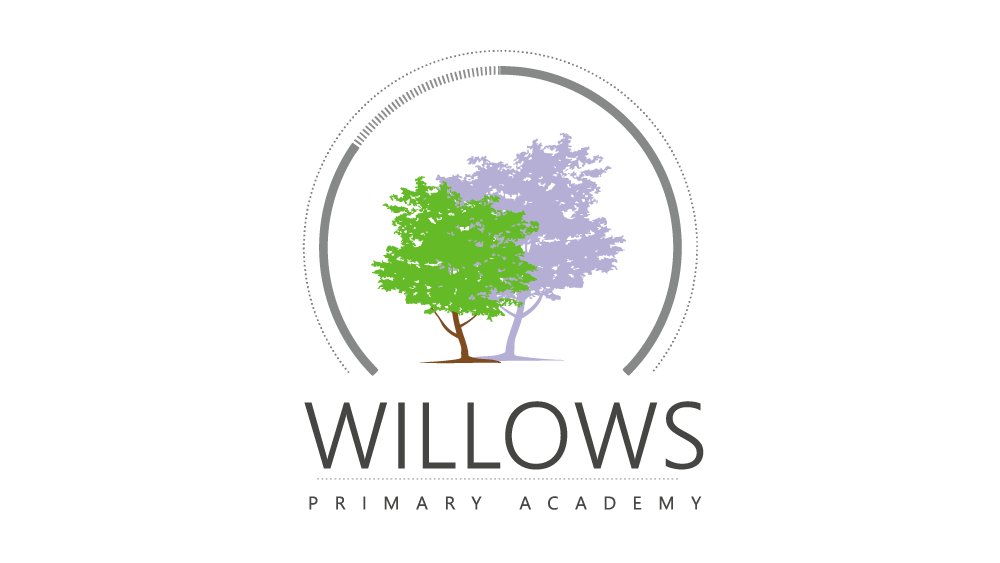MFL | How we do it
At Willows, we believe early exposure to foreign languages through French enables pupils to more readily access the MfL curriculum further into their primary and secondary school journeys. Providing an introduction to such practices provides a springboard on which development and progress can be more easily attained. This is achieved by all classes having access to high-quality foreign languages curriculum using the 'Language Angels' scheme of work and resources. This progressively develops pupil skills in foreign languages through regularly taught and well-planned weekly lessons in EYFS, Key Stage 1 and Key Stage 2. This is reinforced by provision of vocabulary mats and also separate French displays on which key vocabulary, imagery, discussion points and evidence of individual achievement are shown.
Children progressively acquire, use and apply a growing bank of vocabulary, language skills and grammatical knowledge organised around age-appropriate topics and themes - building blocks of language into more complex, fluent and authentic language. Explicit lesson structure for each strand of French through Nursery to Year 6 follows a similar format. This may contain retrieval and review of previously taught material from past year groups to reinforce and strengthen long term memory and to help form links to newly learned concepts. This may be performed in the format of games, quizzes and discussion. Alongside this, a focus is placed upon geographical and cultural understanding in which the language is embedded. With French being the language taught at Willows in MfL, emphasis is placed upon the location of France within Europe and also key cities and landmarks. From a cultural perspective, introductory activities may focus on French customs, such as food, areas of interest and similarities and differences to the UK. By doing this, we are creating strong cultural links to language acquisition and it provides conceptual understanding whereby children can relate their learning.
Children are taught how to listen and read longer pieces of text gradually in the foreign language and they have ample opportunities to speak, listen to, read and write the language taught with and without scaffolds, frames and varying levels of support. The 'Language Angels' programme supports and guides teachers in their approach to teaching their strand(s) of French, providing assistance in spelling and pronunciation as well as expression and intonation. Lessons follow a small step and guided approach, carefully exposing children to key words and concepts in a gradual manner through a variety of teaching practices, such as repetition of key words, partner discussion, use of whiteboards as well as games, quizzes and back-and-forth conversation with the teacher. This is reinforced through careful questioning and discussion as a class with the teacher and with peers, thus reflecting Rosenshine’s principles of instruction that Willows closely adheres to. As the lesson progresses and confidence in speaking and writing of the concept develops, greater exposure is provided within the concept, which will then lead into eventual independent work, usually consisting of writing of words and phrases. As like the wider curriculum, pictorial support is provided, whether through flipcharts or vocabulary mats. Following mastery of the concept, the next lesson will then provide opportunities to retrieve previously learned material through a variety of practices before embarking on the next concept to be taught.
As pupils progress through the lessons in a unit they will build their knowledge and develop the complexity of the language they use. We think of the progression within a unit as 'language lego'. We provide blocks of language knowledge and, over the course of the unit, pupils build more complex and sophisticated language structures with their blocks of language knowledge.
Curriculum Progression
Personal Development
Our Personal Development curriculum has been designed with the children at the very heart of it. It is intrinsic across our curriculum focussing on the importance of developing the ‘whole child’ so they have a clear sense of identity and individuality, that enables them to become responsible, respectful, active citizens who make a valuable and positive contribution to our society.
Learning a language supports children’s ability to communicate, boosts problem solving, improves their concentration and memory and improves listening skills. A robust vocabulary progression across the subject, improves their ability to articulate and acquire a wider French vocabulary to help children to communicate in another language.
